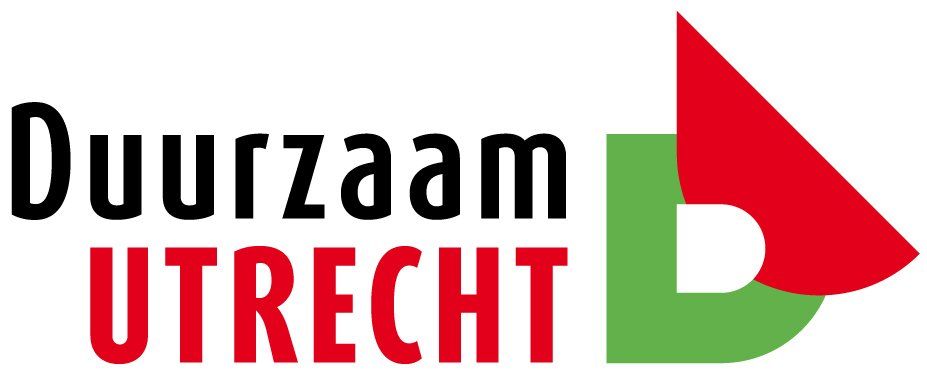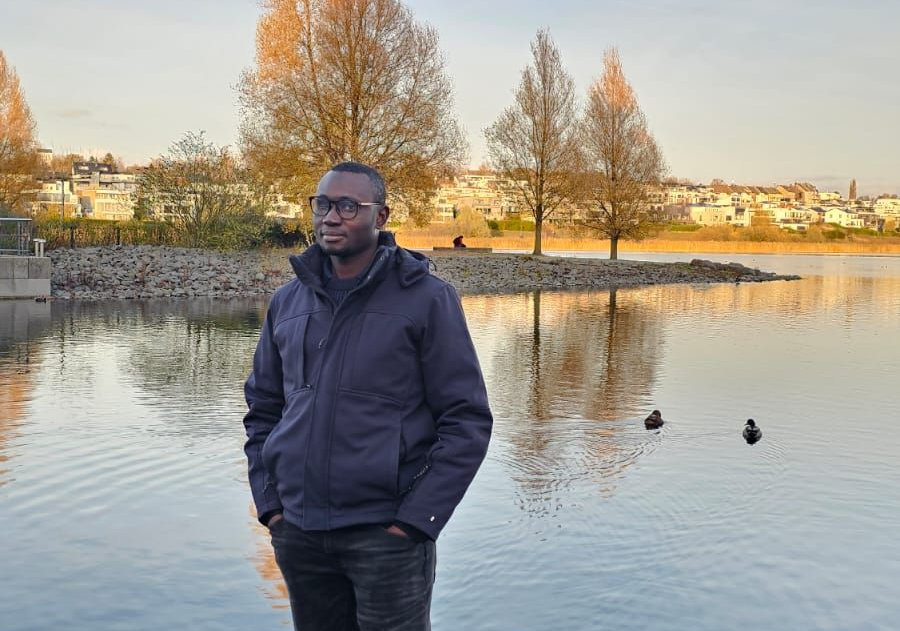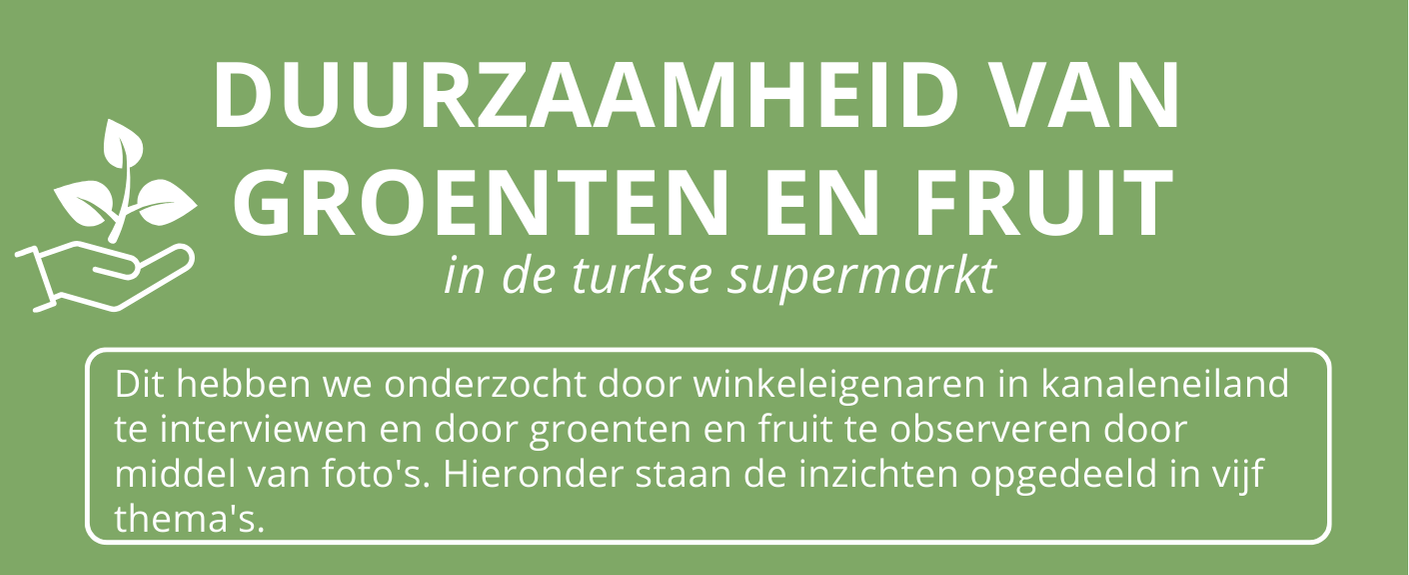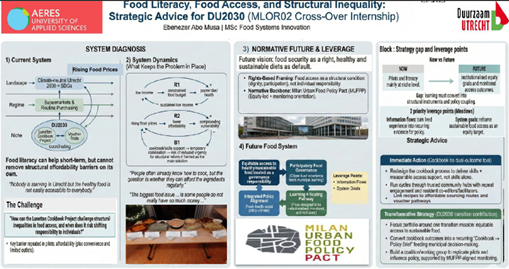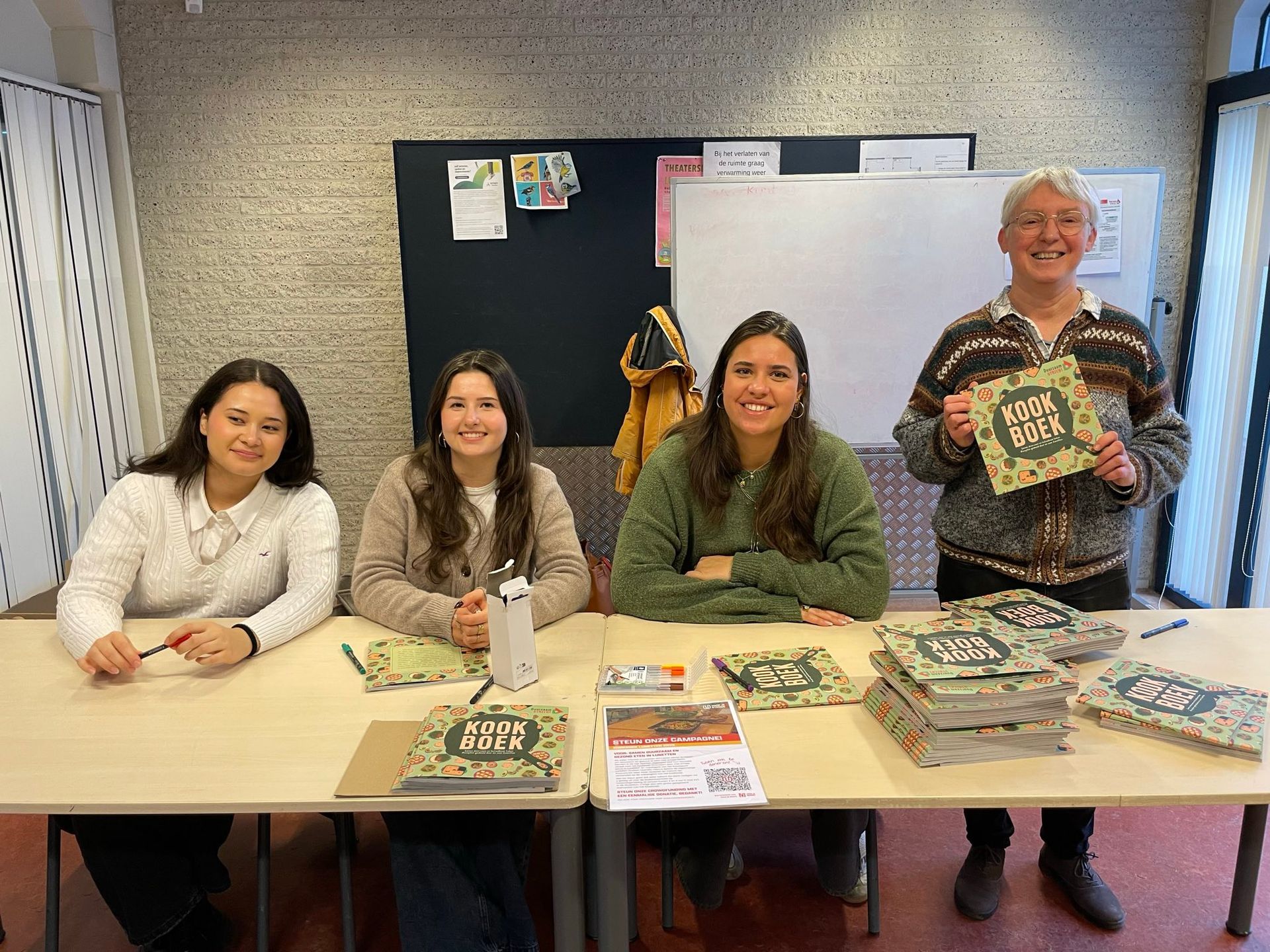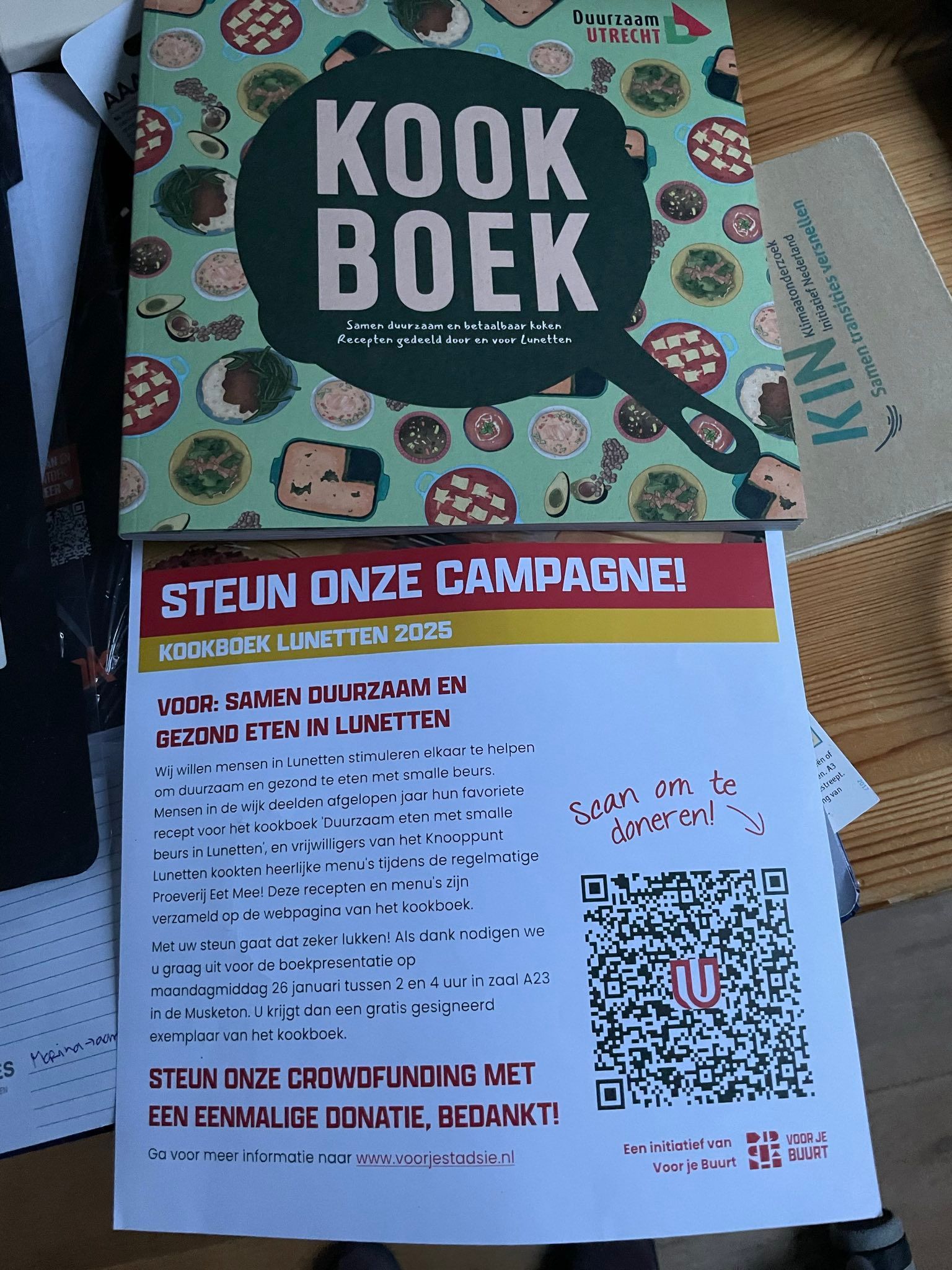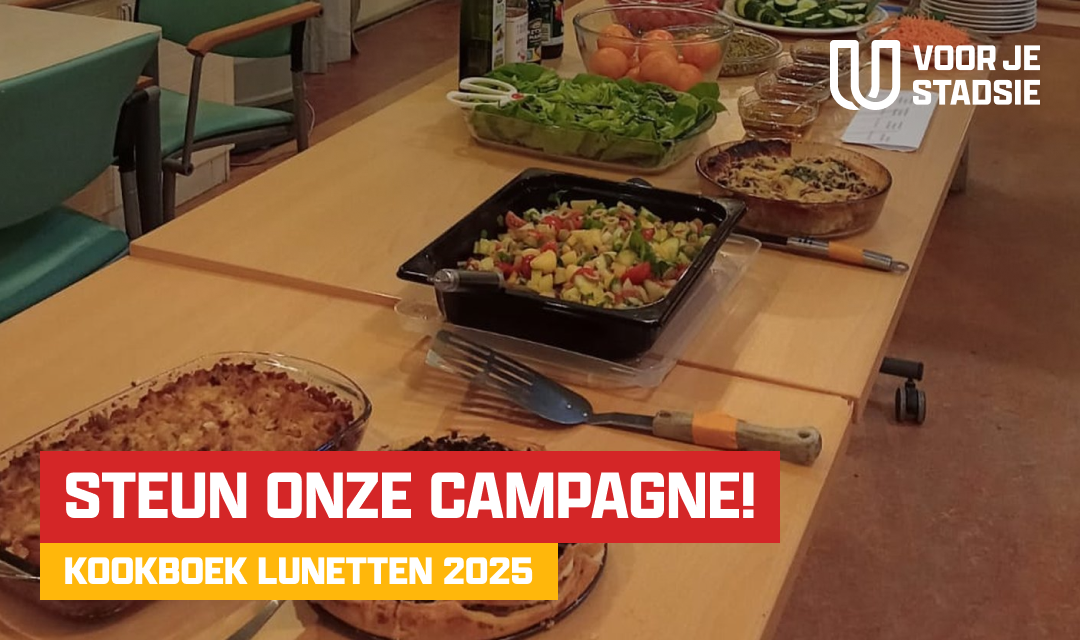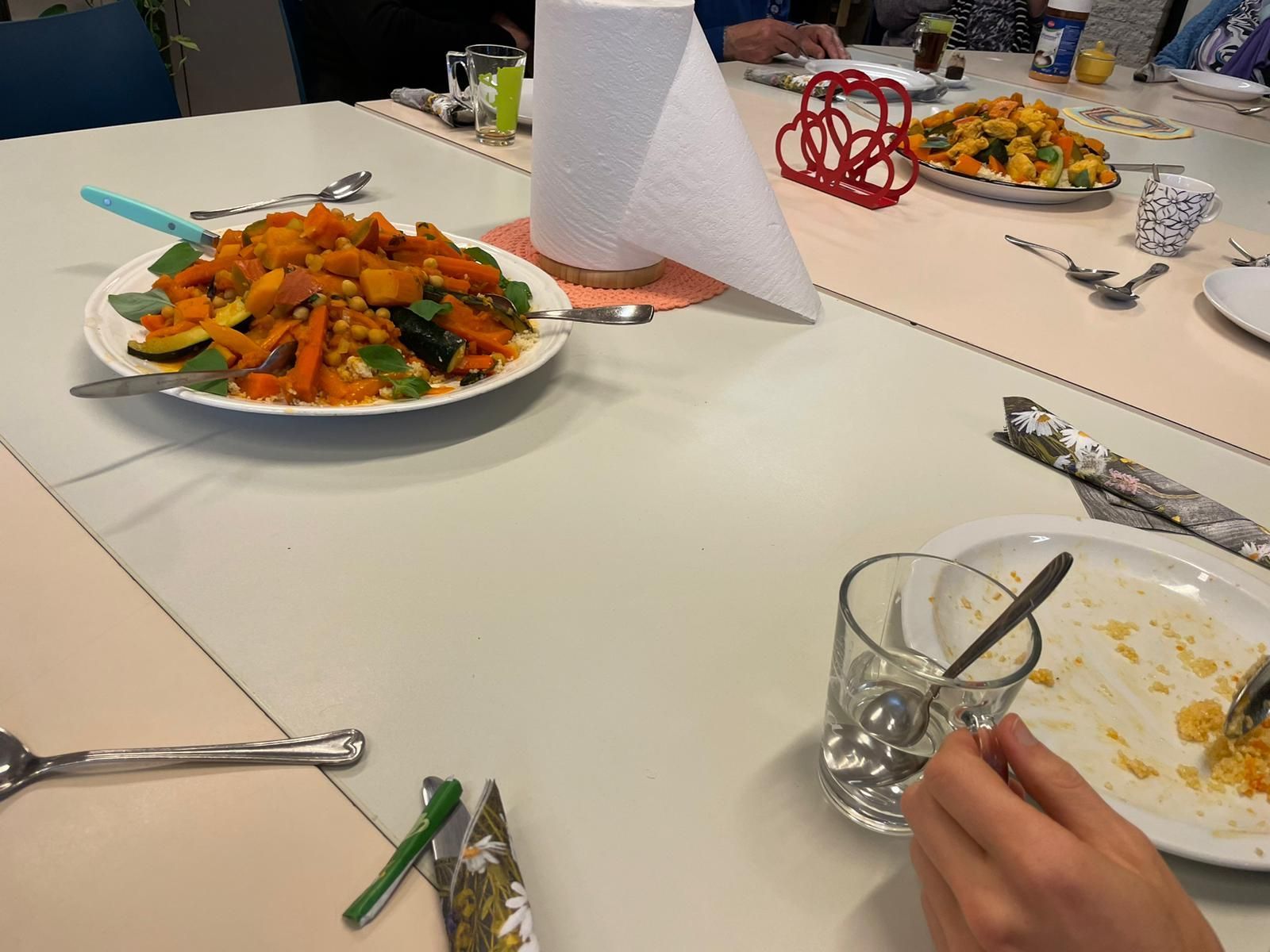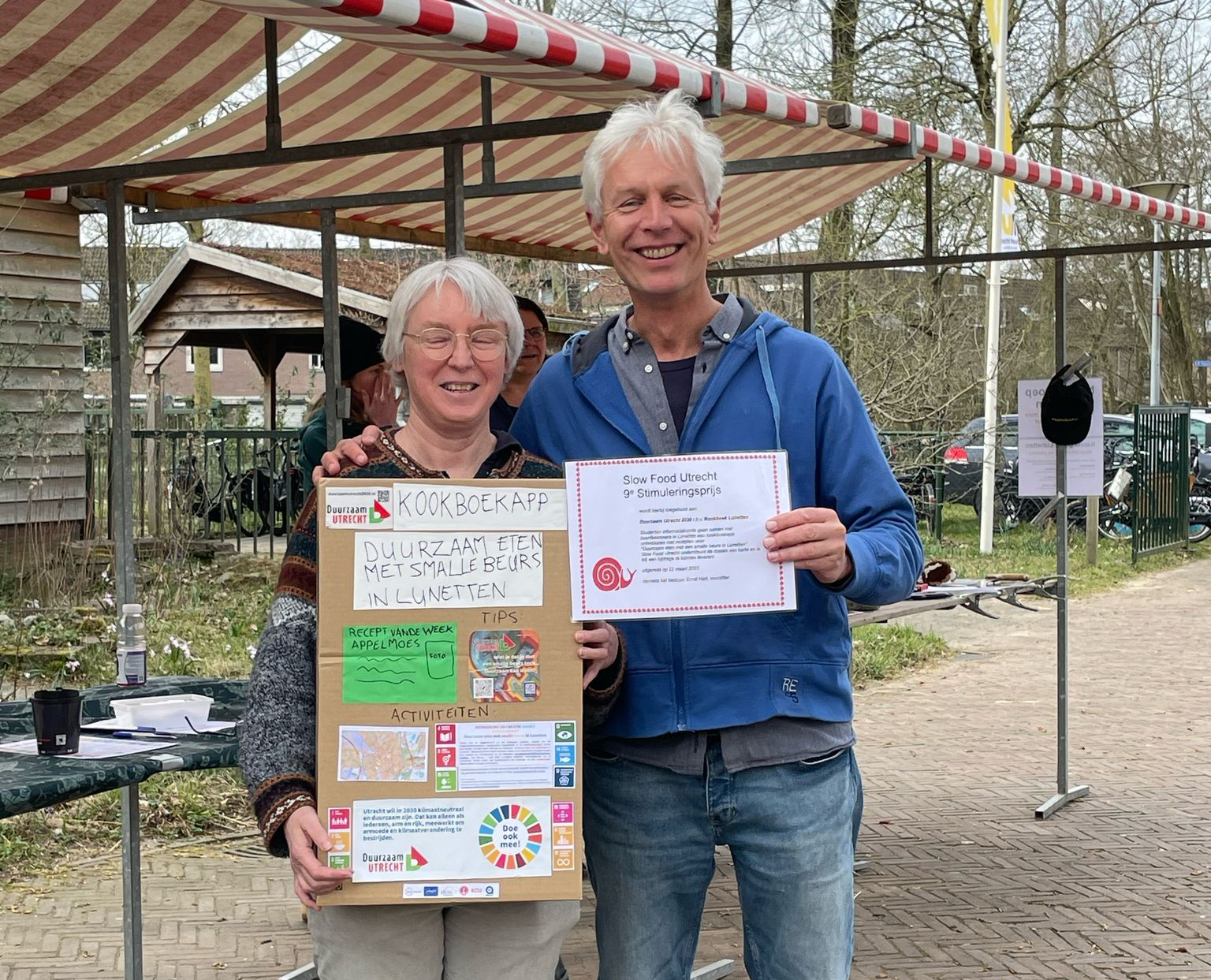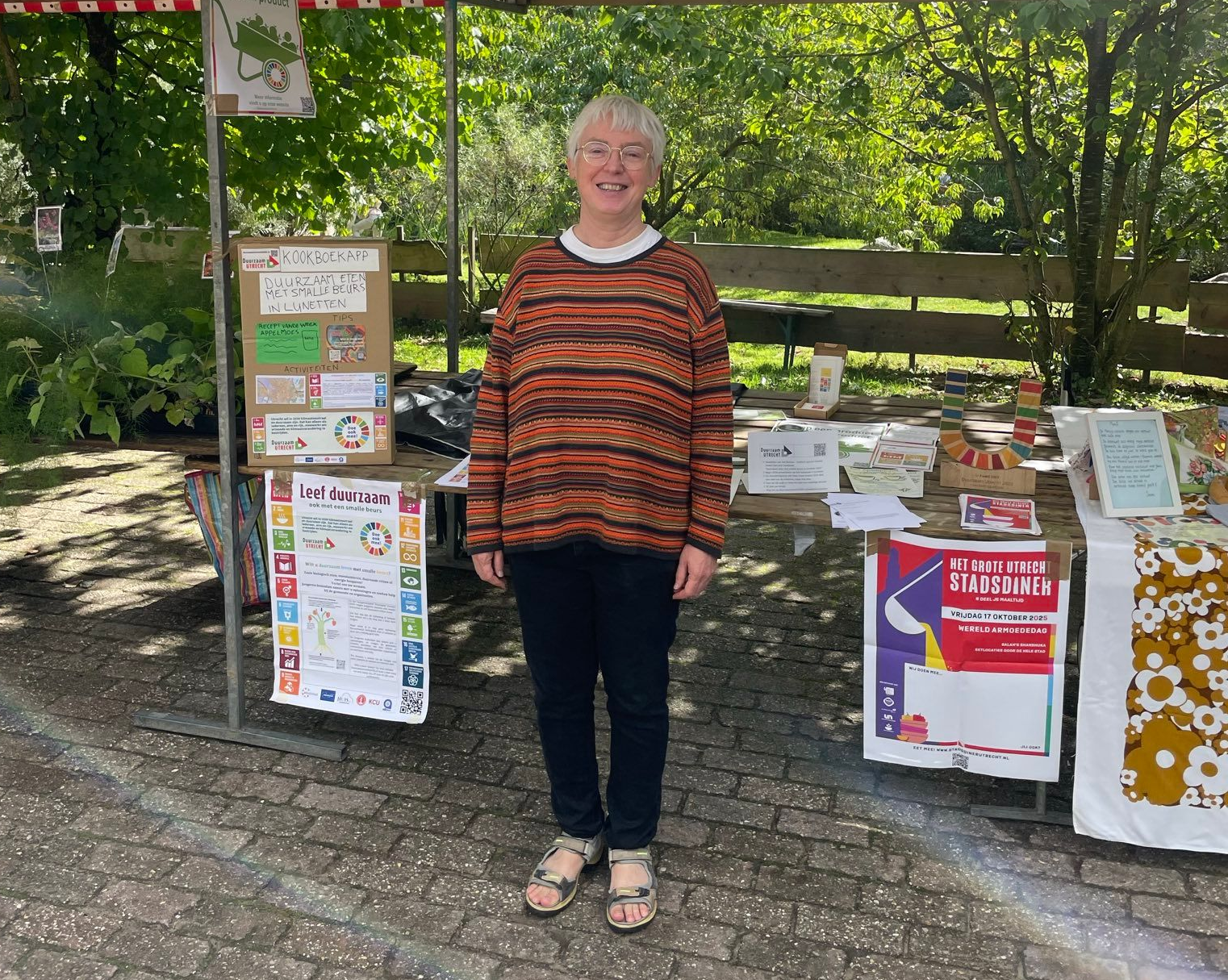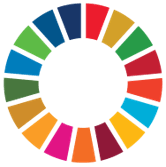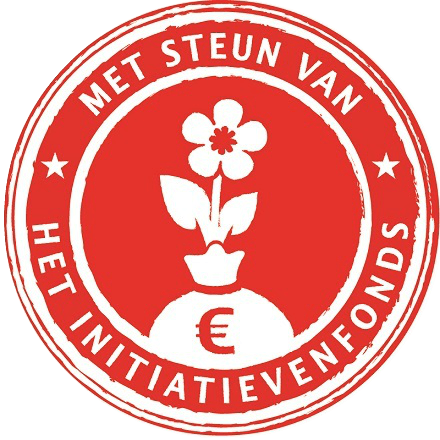Studentenrapporten over Duurzaam Leven in Utrecht en Mobiliteitsarmoede
Ineke Malsch • 4 maart 2024
Nieuwsbrief Duurzaam Utrecht 2030 - maart 2024
Op 1 maart is de laatste e-mail nieuwsbrief van Duurzaam Utrecht 2030 rondgestuurd, met deze berichten:
- Studenten hebben van september 2023 tot en met januari 2024 hard gewerkt om wensen, kansen en belemmeringen in kaart te brengen voor duurzaam leven en duurzame mobiliteit met smalle beurs. In februari zijn drie rapporten gepubliceerd op de open access website ZENODO, en ook te downloaden van de website van Duurzaam Utrecht 2030.
- De commissie Jeugd, Welzijn, Cultuur en Sport van de Utrechtse gemeenteraad bespreekt donderdagmorgen 7 maart onze petitie over biologisch eten voor mensen met smalle beurs.
- Op maandagmiddag 8 april, 14.00-17.00, organiseren we een workshop over biologisch eten met smalle beurs, in de Social Impact Factory aan de (Kromme Nieuwe) Gracht 3.
Download de nieuwsbrief hier.
Schrijf u
hier
in en ontvang het nieuws maandelijks per e-mail.


